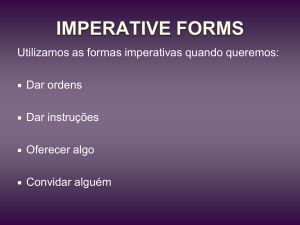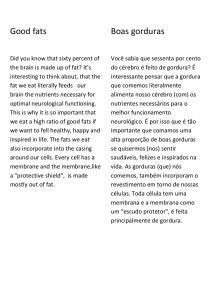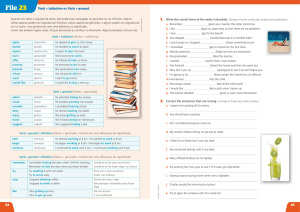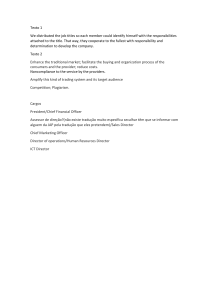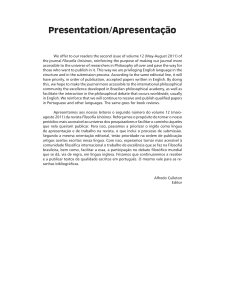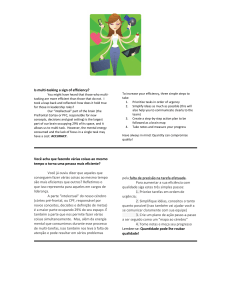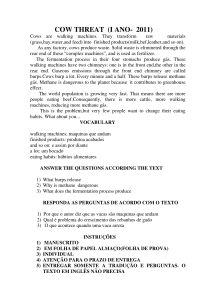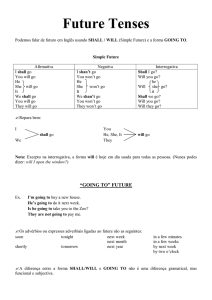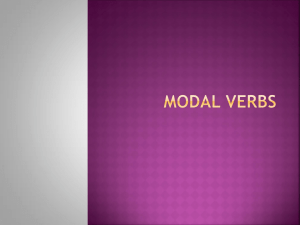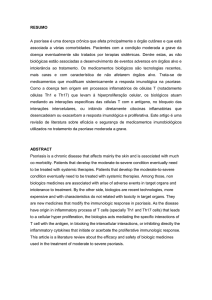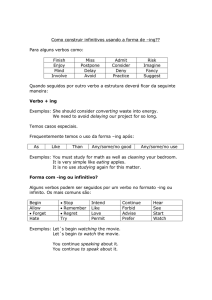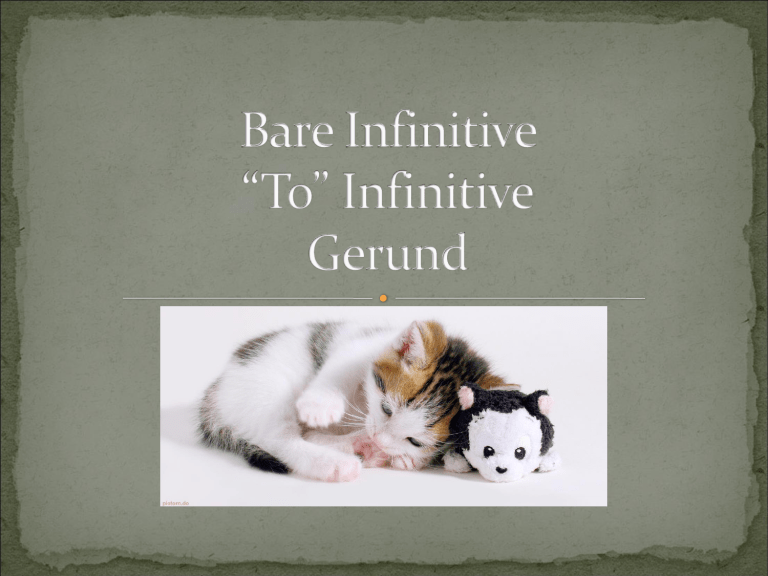
Bare Infinitive
“To” Infinitive
Gerund
Play
To play
Playing
Make
To make
Making
Understand
To understand
Understanding
Cook
To cook
Cooking
Clean
To clean
Cleaning
A -ing form de um verbo pode ser usada
como substantivo e ter a função de sujeito
ou objeto de uma oração. Como substantivo,
a -ing form pode ser usada com artigos,
possessivos ou demonstrativos.
Walking brings physical benefits.
Drinking and driving must be avoided at all
costs.
I’m looking forward to meeting him at college next
year.
They object to working on Sundays.
I’ve been thinking about moving to Florida.
O “to” Infinitive (infinitivo com to) é
normalmente usado depois de adjetivos,
advérbios,
substantivos
(indicando
finalidade),
pronomes
indefinidos,
interrogativos e na maioria das locuções
verbais.
I need some money to buy my girlfriend a
gift.
Usa-se o Bare Infinitive (infinitivo sem to)
depois dos seguintes verbos e expressões:
modal verbs (exceto ought … to)
have (com sentido de “pedir”; “mandar”)
let e make
would rather (“preferiria; seria preferível”)
had better (“seria melhor”)
I remember talking to him on the phone.
(lembrar-se daquilo que se fez, daquilo que
aconteceu)
Remember to tell him to come to our party.
(lembrar-se daquilo que é preciso fazer)
He will never forget seeing the Queen.
(esquecer aquilo que foi feito, aquilo que
ocorreu)
Don’t forget to give her the money.
(esquecer-se daquilo que é preciso fazer)
I don’t regret telling him the truth.
(arrepender-se do que aconteceu)
I regret to tell you that you will be
dismissed.
(lamentar aquilo que vai ocorrer)
He must stop smoking.
(parar de fazer o que se está fazendo)
Every half hour he stops to smoke a
cigarette.
(fazer uma pausa para/a fim de…)

